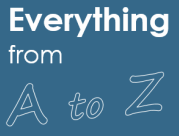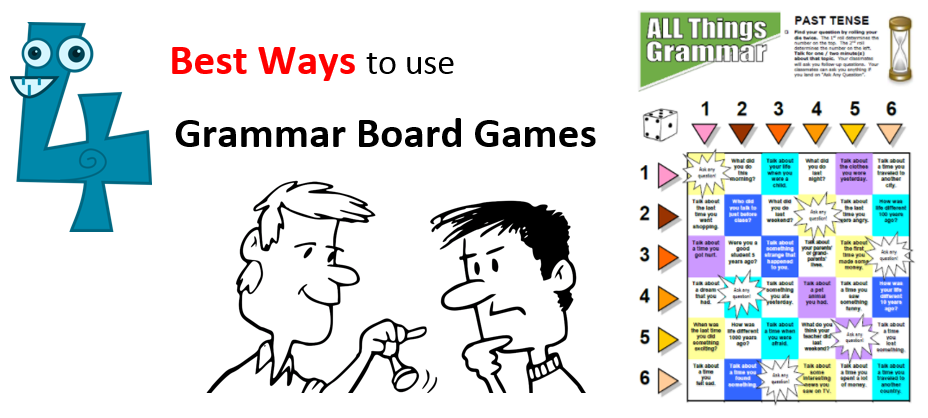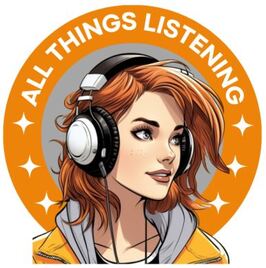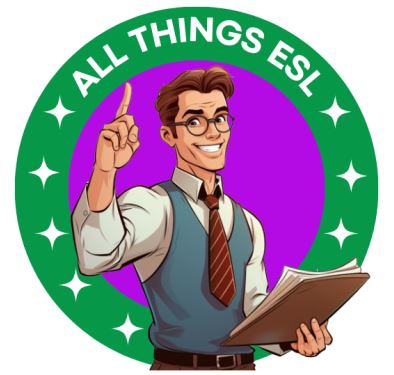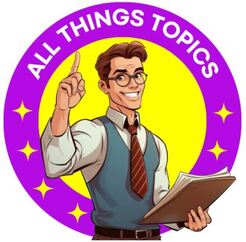It's definitely worth the investment of your time and energy (and money) to visit some toy stores to locate and purchase several inexpensive sand timers. For a class of twenty-one students, you'll want to bring seven timers.
That way, you can set up groups of three learners per board game - with one sand timer per group. Using wall clocks or watches are okay, but sand timers have the advantage of being easily visible by all members of the group. Also, they are ... well, they're just fun!
Be sure to set appropriate time limits for your students.
For weaker students, ask them to take speaking turns of only one minute. For stronger students, set two-minute time limits (or maybe even three minutes?). For a twist, you might also give your learners the freedom to set their own time limits.
As each speaker finishes her turn, have the other members of the group ask a certain number of follow-up questions (perhaps two or three questions). For example, if the speaker has talked about shopping yesterday, another member of the group might ask, "What did you buy?" and "How much did it cost?" This kind of exchange, in which the group members are engaged by actively listening, is more natural than a simple monologue.
You might decide to structure the activity in such a way that listeners jot down questions in a notebook and ask them at the end of the speaking turn. This method mirrors EFL/ESL speaking tests (such as the IELTS speaking test, where the examiner gives a set speaking time and follows up with related questions).
Alternatively, you might choose a more natural approach and allow your learners to interrupt the speaker at any time with questions. The approach you settle on depends on the goal of your lesson.
Of course, your learners will benefit much more from this activity if constructive feedback is given. Before beginning the activity, establish for your students what the goal of the activity is (in addition to grammar practice). Is it better pronunciation? Is it the use of connecting words? Is it the use better body language and eye contact? Let your students know beforehand.
A good wrap-up, then, is to go over with the student how she could improve her speaking. Consider using a rubric that either you (or the listeners within the group) can use.
